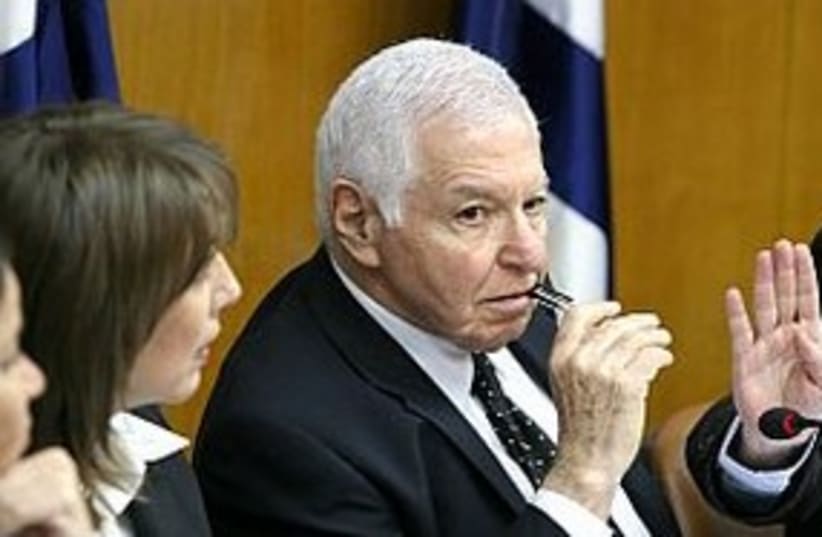YAAKOV KATZDefense Minister Ehud Barak will bring the appointment of OC Southern Command Maj.-Gen. Yoav Galant to the position of IDF chief of general staff to the cabinet on Sunday after the general was approved for the top post by the Turkel Commission which vets senior appointments.Galant will take up the post in February after current Chief of General Staff Lt.- Gen. Gabi Ashkenazi steps down following four years in the post.
’Army must establish criteria for maj-gen appointments'
Regulations for other senior-rank promotions exist, but are not always followed, State Comptroller notes.

YAAKOV KATZDefense Minister Ehud Barak will bring the appointment of OC Southern Command Maj.-Gen. Yoav Galant to the position of IDF chief of general staff to the cabinet on Sunday after the general was approved for the top post by the Turkel Commission which vets senior appointments.Galant will take up the post in February after current Chief of General Staff Lt.- Gen. Gabi Ashkenazi steps down following four years in the post.